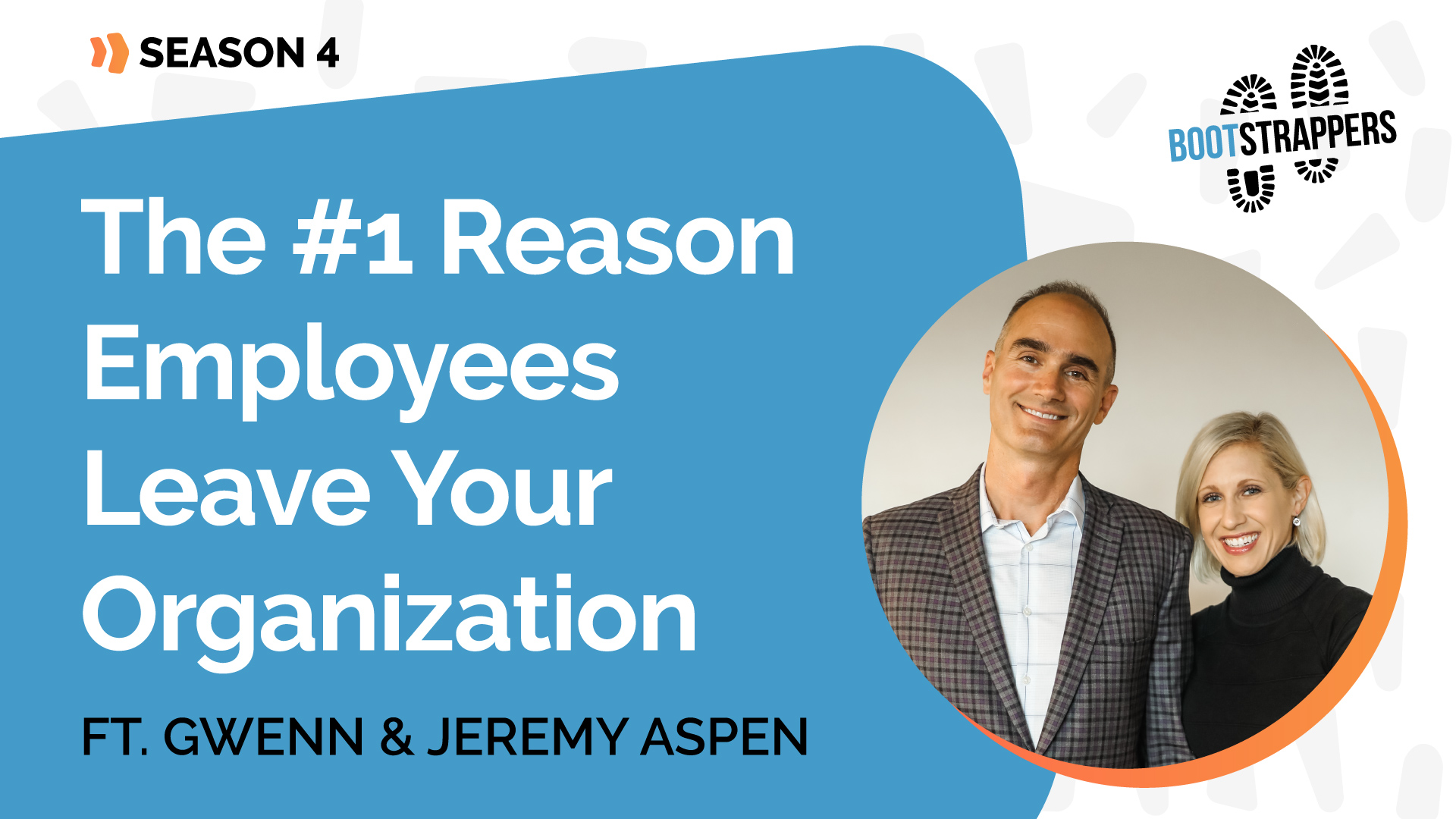Strategic Planning Meetings: Tips, Tricks and an Agenda for Success

Many people ask us about our annual strategic planning process. We just had our big yearly meeting and I thought I would share some of my takeaways, and our agenda in case it is helpful to others.
Taking It Seriously
The old adage that, “you get out what you put into it” couldn’t be more true when we do planning meetings. When we are well prepared and send out an agenda a week in advance the meetings are better by orders of magnitude. When there are clear expectations, everyone knows how to prepare ahead of time, our financial data and key metrics are ready to be presented, we accomplish so much more. It cannot be overstated that having a good, organized strategic planning meeting can have a huge impact on the success of the coming year.
Go Deep & Get Honest
Anequim is at a crossroads, at almost 500 employees we are at a moment where we are moving out of operating like a small company into operating like a medium size company. If we are to be successful at this transition we need to have a high degree of trust and honesty especially at the executive level.
In order to facilitate this we allocated a section of the meeting to an exercise where each person had to go around the room and tell their colleagues their biggest strength and their biggest weakness.
This can be a stressful exercise especially for new people. If everyone is earnest with their delivery, and takes the criticism about themselves well, it sets a tone that you can say hard things, true things, in this meeting and it is okay. In order to have a strong strategic planning meeting setting the tone that honesty is necessary and appreciated, and will make the meeting more impactful is important.
Pro-tip:
If even thinking about this exercise makes you start sweating and feel anxious, keep in mind that people are rarely surprised by their greatest weakness. As a person in a leadership position more than likely it is not the first time you will have heard the feedback.
Another good meeting icebreaker is a “clear the air” exercise although we didn’t do it at this particular strategic planning meeting. The exercise looks like going around the room and asking everyone if anything is weighing on their conscience (some infraction they committed to another in the room or at the company) or if they have a built up resentment regarding someone else in the meeting. If people have no such issues they say “clear” if they do have an issue they say “unclear” and take a moment to discuss their issue.
If it has been a hard year at your company, if tensions have built up and haven’t been resolved it is going to be hard to have a productive strategic planning meeting. If you suspect there is a big rift in the leadership team you may want to have it hashed out before you sit down for two days optimistically planning the coming year. Or if there are small resentments they can be aired out right then and there at the beginning of the meeting by putting a clear-the-air exercise on the agenda.
Setting Expectations
Asking everyone at the meeting what they hope to get out of it can be a helpful way to begin the business portion of the meeting. Writing these down at the beginning of the meeting and making sure to review them at the end of the session ensures that everyone’s expectations are met.
Financials
At this point in the meeting the president or owner of the company shares a presentation on how the past year went, whether financial goals were achieved, and why or why not.
Thinking deeply about what we would like to share with the team and being ready for the presentation is really helpful in terms of not wasting time and setting a tone of preparedness for the team.
Vision, Values, and Target Market
Reviewing our “Why” is important every year making sure our executive team is getting up in the morning on the same mission. These things can change over time. We ask ourselves if our mission, values and vision still apply from last year? Are we selling to the same customers or has our target market changed? Sometimes we have found we need to refresh these with the growth of the business. Revisiting our “Why” every year helps our team make good decisions even when no one is watching and ensures everyone is on the same path moving forward.
SWOT Analysis
What are our Strengths, Weaknesses, Opportunities and Threats? Going over these areas of our business really helps solidify the landscape that our business is in and clarifies our big projects for the next year.
Review Last Quarter’s Projects
Here is how we handle projects. If the project is done we check it off the list.
If the project is 90% done, we make the last 10% of the project that still needs to be completed as a to-do list item and set the new due date in the next few weeks to get it done. If it didn’t get done we discuss why and possibly change the owner of the project.
Reflecting on what did and didn’t work with all the projects can be really helpful when setting new goals. The main reason projects don’t get done in my experience is they are not clearly defined at the beginning or it is the result of poor planning where people commit to too many projects in a quarter and simply cannot complete them all. Review whether the projects were clearly defined? Was the right person in charge of the project? Was the planning of each one and the roll out shaky or adequate? How can you do better with quarterly projects in the future? Answering these questions has proven to help us plan better in the future.
Three Year Goals
I found the piece of paper where we wrote down the three year goals when we first started Anequim and I couldn't believe how close we were to our big hairy audacious goals we set back then. It is a true testament to the fact that making goals really does help set an intention and ensure success.
Planning for success truly can become a company super power!
Allowing our executive team to dream big about what they want three years from now in this section of the meeting is probably my favorite part. We write them down and review them periodically. Sometimes it is easy to focus on what we don’t accomplish and what is going wrong, and hard to focus on what has worked and how far we have come. This section is typically full of hope and excitement and reflection of our success. So fun!
One Year Goals
We have found the best way to forecast the coming year’s financial goals is to take the last quarter or last few months' revenue and put those numbers into a spreadsheet with the coming months as the columns. Then adding the growth goal to each month in a compound interest fashion based on historical data or your new capacity. Keeping cyclical gains or losses and projected new hires in mind as we look at each month’s goal helps with accuracy. When we do that it helps us set our sales and revenue goals pretty easily.
What other goals does the team have? We discuss, write them down. Put time frames on them, put those due dates on the calendar and hold people accountable.
Solving Issues
This is the part of the meeting where our team solves issues that have come up over the past few weeks. Is there a reorg in our future? Do you need to upgrade our software? Is there a toxic person that we need to discuss whether they stay or go? We solve all of our identified issues in this section of the meeting.
First Quarter Projects
After we have done our SWOT, reviewed our company issues, and solidified our annual goals it usually is pretty easy to come up with quarterly projects. Each person should have between one and three quarterly projects that they are responsible for. Clearly identifying what success means for each project, the owner and the due dates is the goal of this section of the agenda.
DONE! Rate and Reflect
Did we meet the objectives of the meeting? This is where we go back to the list we made at the beginning of the session and review everyone’s expectations. We then ask everyone on a 10 point scale how they would rate the meeting as a whole (don’t allow people to give it a 7 because it is a cop out number:))
What We Would Have Done Differently
We all agreed it would have been better to have a facilitator at this meeting. It is hard to spend the money on the facilitator, they are not cheap. I have actually never hired one, but I think we should do it next year because we got off track a few times, went down a few rabbit holes and people went off on tangents. We would have been more productive, achieved more and had a more powerful meeting with a strong facilitator.
Weekly Follow Ups
Following up weekly and holding people accountable is the next key to making the meeting worthwhile. If we don’t follow up it is amazing how the day to day emergencies prevent us from accomplishing the tasks that really move our businesses forward. We go back to our goals every week at our leadership meeting to make sure things are moving forward.
Tips for Success with Strategic Planning
- Don’t skimp on time- I really believe this process requires two dedicated days.
- If you are the owner or president and going to facilitate the meeting yourself do not speak first. Allow your team to put their ideas out there without the boss influencing the discussion by speaking first on the topics at hand.
- Everyone must participate. If someone is not contributing then that has to become a discussion item in and of itself.
- Go out to dinner or drinks to celebrate when you are done.
- Give yourself time to rest afterward. You might be really tired!
- We use the Ninty.io software to manage our meetings and goals, we recommend it.
- We are also an EOS company and our process is inspired by their system. Check them out if you are unfamiliar they changed our life!
I hope those tips are helpful. If you want to know more about our planning process watch this episode of the Bootstrappers Show.
What are your agenda items for your strategic planning sessions? What are your takeaways for a good annual leadership meeting? Let us know in the comments.



